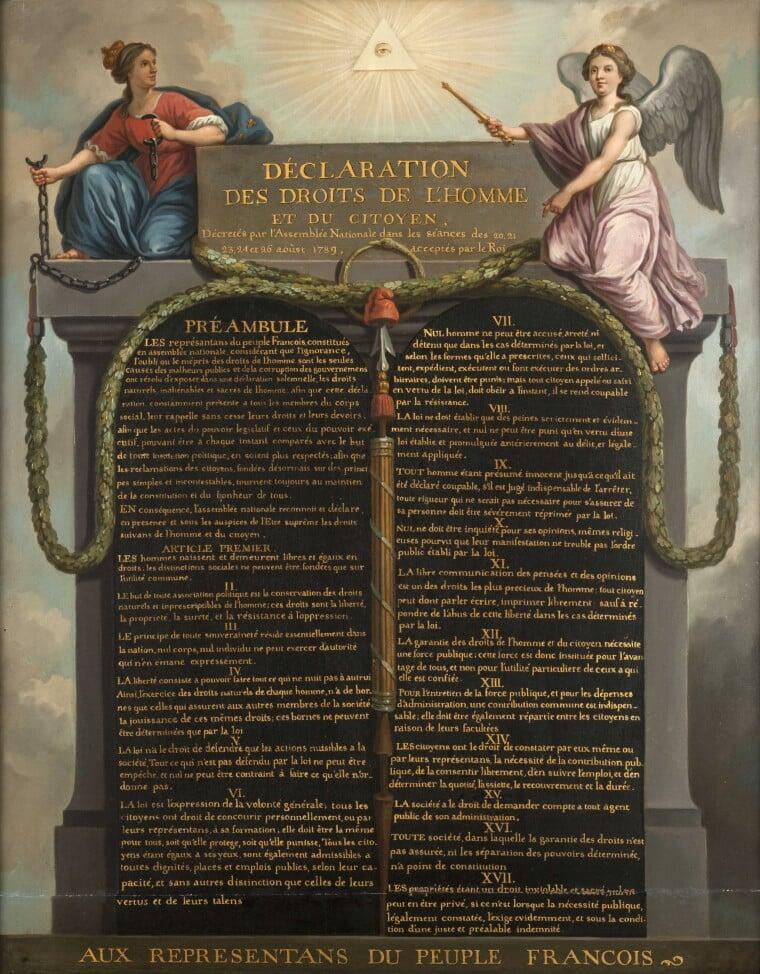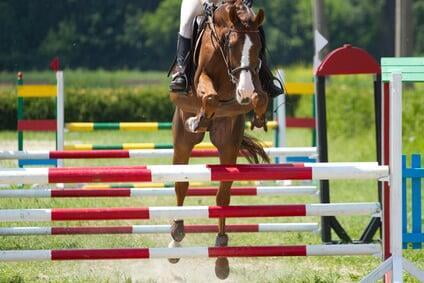According to the decision of February 2, 2018 (pdfn ° 2017-688), the Constitutional Council, seized of a priority question of constitutionality (QPC), declared article L. 232-22 3 ° of the Sports Code contrary to the article 16 of the Declaration of the Rights of Man and of the Citizen of 1789.
Indeed, these provisions (which do not operate any separation within the AFLD between on the one hand, the prosecution functions, and on the other hand, the judgment functions) disregard the principle of impartiality.
A rider seized the Constitutional Council following his suspension for doping, for a period of two years, by the AFLD
The November 7 2017, the rider Axel Narolles seized the Constitutional Council following its suspension for doping, for a period of two years, by the AFLD.
The rider questioned the legitimacy of the decision, considering that the procedure followed by AFLD, under 3 ° of Article L. 232-22 of the Sports Code, was unconstitutional because it disregarded the principles of independence and impartiality which derive from Article 16 of the Declaration of the Rights of Man and of the Citizen of 1789.
As stated by the Constitutional Council in its decision: "according to him, by not distinguishing, within the French agency for the fight against doping, the authority deciding on the ex officio referral of the agency and that in charge of the judgment following this referral, the legislator no. 'would have not guaranteed an organic or functional separation between the prosecution and adjudication functions".
Point 3 of Article L. 232-22 of the Sports Code, in its wording resulting from Ordinance No. 2015-1207 of September 30, 2015 relating to measures in the field of the law necessary to ensure compliance with the principles of World Anti-Doping Code, determines the cases in which the French anti-doping agency exercises sanctioning powers. It provides that:
«It can reform the decisions taken in application of article L. 232-21. In these cases, the agency takes action, within two months of receiving the complete file, of the decisions taken by the approved federations».
The absence of separation of powers and the declaration of unconstitutionality of 3 ° of article L. 232-22 of the Sports Code
The Constitutional Council recalls the terms of Article 16 of the 1789 Declaration of the Rights of Man and Citizen: "Any society in which the guarantee of rights is not guaranteed, nor the separation of powers determined, has no Constitution.".
The Council considers first that "neither the principle of the separation of powers, nor any other principle or rule of constitutional value, precludes an independent administrative or public authority, acting within the framework of the prerogatives of public power, from exercising a power of sanction in the measure necessary for the accomplishment of its mission, since the exercise of this power is accompanied by the law of measures intended to ensure the protection of the rights and freedoms constitutionally guaranteed. In particular, the principle of legality of offenses and penalties as well as the rights of the defense must be respected, principles applicable to any sanction having the character of a punishment, even if the legislator has left it to an authority to pronounce it. of a non-jurisdictional nature. Have to also be respected the principles of independence and impartiality arising from Article 16 of the Declaration of 1789".
"8. The contested provisions thus entrust the French anti-doping agency with the power to automatically take up sanctions decisions issued by the sports federations it plans to reform. This power is not attributed to a person or a specific body within the agency while it is then up to the latter to judge the shortcomings that were the subject of the decision of the federation.
9. Consequently, the contested provisions do not operate any separation within the French anti-doping agency between, on the one hand, the functions of prosecuting any breaches which have been the subject of a decision by a sports federation in application of article L. 232-21 and, on the other hand, the functions of judgment of these same breaches. They thus disregard the principle of impartiality.
10. Consequently, point 3 of article L. 232-22 of the sports code must be declared contrary to the Constitution ".
On the effects of the declaration of unconstitutionality
It decides that under article 62 of the Constitution, the disputed provision is repealed and the effects of this repeal as follows:
"11. According to the second paragraph of Article 62 of the Constitution:" A provision declared unconstitutional on the basis of Article 61-1 is repealed from the publication of the decision of the Constitutional Council or from a later date fixed by this decision. The Constitutional Council determines the conditions and limits under which the effects that the provision has produced are likely to be called into question. "In principle, the declaration of unconstitutionality must benefit the author of the priority question. of constitutionality and the provision declared contrary to the Constitution cannot be applied in the proceedings pending on the date of the publication of the decision of the Constitutional Council.However, the provisions of article 62 of the Constitution reserve the power to the latter. both to fix the date of the repeal and to postpone its effects in time and to provide for the calling into question of the effects that the provision has produced. before the intervention of this declaration.
12. The immediate repeal of the impugned provisions would have manifestly excessive consequences. Consequently, in order to enable the legislator to remedy the unconstitutionality found, it is necessary to postpone the date of the repeal of the contested provisions to 1er September 2018.
13. In order to put an end to the unconstitutionality noted from the publication of this decision, it should be held that, in order to preserve the regulatory role entrusted by the legislator to the French anti-doping agency until the entry into force of a new law or, at the latest, until 1 September 2018, point 3 of article L. 232-22 of the sports code requires the French anti-doping agency to review all decisions rendered pursuant to Article L. 232-21 of the same code subsequent to this decision and all decisions rendered prior to this decision which it has not yet taken up within the legal time limits . In addition, it should be held that the declaration of unconstitutionality can be invoked in all proceedings relating to a decision rendered on the basis of article L. 232-21 which the agency seized in application. provisions contested and not definitively judged on the date of this decision ".








